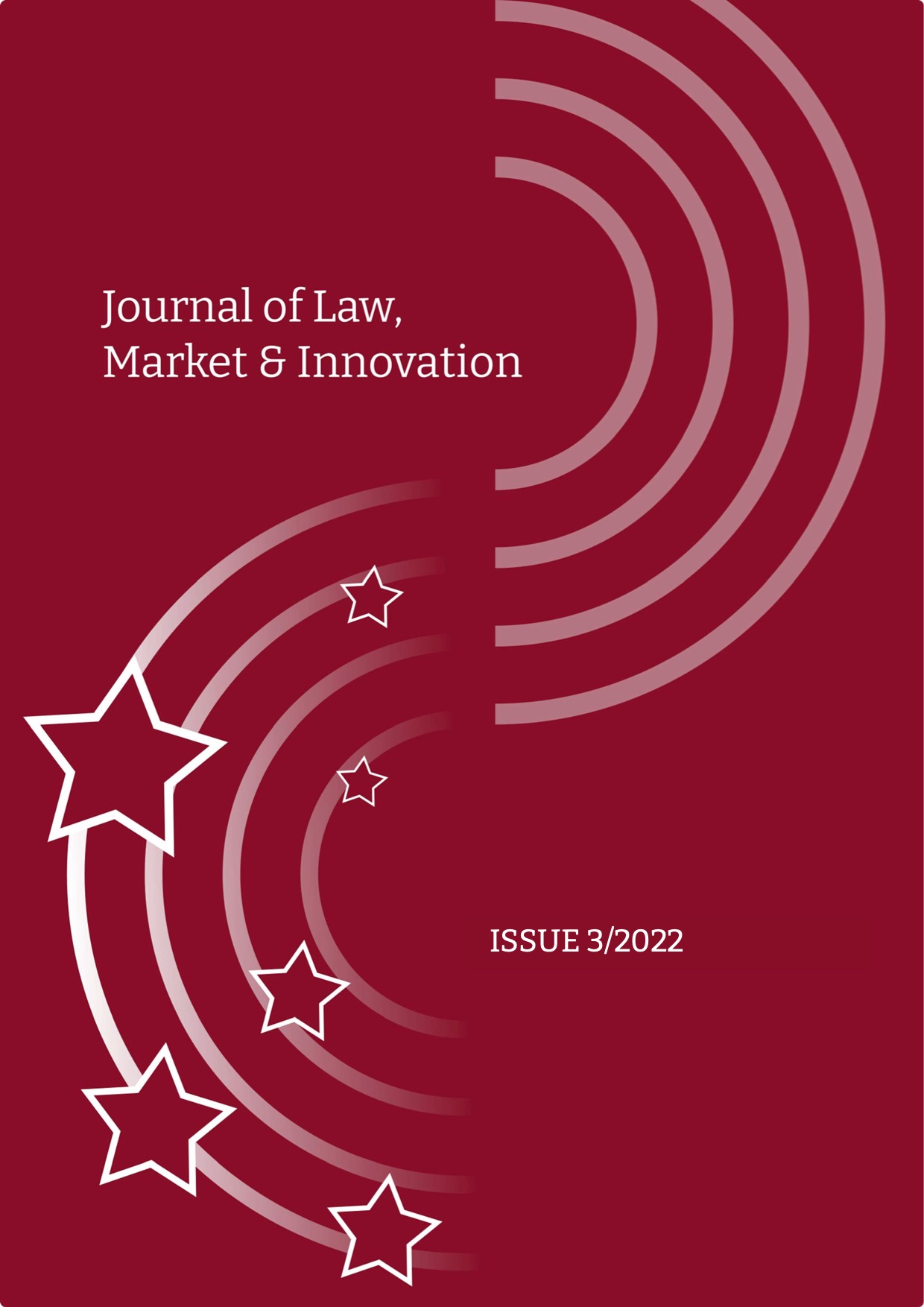Regulating Digital Platforms: Would the DSA and the DMA Work Coherently?
Abstract
The Digital Services Act (the DSA) and the Digital Markets Act (the DMA) were proposed as part of the Digital Services Package with the goal of creating a more open, safer and fairer digital space in the European Union. To do so, both proposals establish new sets of horizontally applicable rules. These rules mostly consist of obligations that digital platforms shall fulfil. In this respect, both initiatives reflect a change in the approach adopted by the European legislators in regulating the digital world: establishing rather stringent and detailed rules and obligations for platforms to follow to create a fairer and safer digital space instead of leaving them to be the self-regulators as they have since been. In pursuit of this overarching and arguably ambitious goal, the DSA and the DMA are aimed at tackling different issues emerging from the digital world by focusing on different platforms. The DMA’s focus is on gatekeeper online platforms that are considered to have a major economic and societal impact on the market. Their entrenched and durable position in the digital market is considered to negatively affect competition and fairness; hence the DMA sets out new codes of conduct for gatekeepers to satisfy. On the other hand, the DSA undertakes to update the law on intermediaries’ liability from illegal content made available by third parties on their platforms, by replacing the existing liability exemptions with a more wide-ranging legal framework. The DSA’s focus is on service providers of different sizes and services, namely intermediaries, hosting intermediaries including online platforms, online platforms and very large online platforms. By imposing asymmetric obligations on these certain platforms, the DSA aims to limit the availability of illegal content and to protect fundamental rights, whereas the DMA’s objective is to establish a level playing field to foster innovation, growth as well as competitiveness in the digital market. The DSA recognises platforms as important and responsible actors in tackling online infringements given their strong position and infrastructural advantages. Hence, it obliges them to comply with the obligations established according to their sizes and the type of services provided. These obligations can be specified as transparency and accountability obligations. In the same vein, the DMA obliges gatekeepers to comply with more restrictive rules as they are considered to have a major impact and control over digital markets. The obligations established by the DMA are ex-ante measures concerning competition practices/unfair competition. Nevertheless, the fact that the two analysed proposals focus on different platforms and pursue different direct goals does not mean that a service provider could not be subjected to the obligations of the DSA and the DMA at the same time. When a very large online platform is also a core service provider and qualifies as a gatekeeper within the meaning of the DMA, it might be subjected to the provisions of both Acts. This brings the question of how effectively and coherently the two Acts would apply in practice. The proposals explicitly state that both Acts complement each other and should work in coherence. However, the question of whether this goal is indeed achieved cannot be addressed without undertaking a detailed examination of the rules in question. With this in mind, the paper seeks to assess whether the DSA and the DMA would work coherently.



